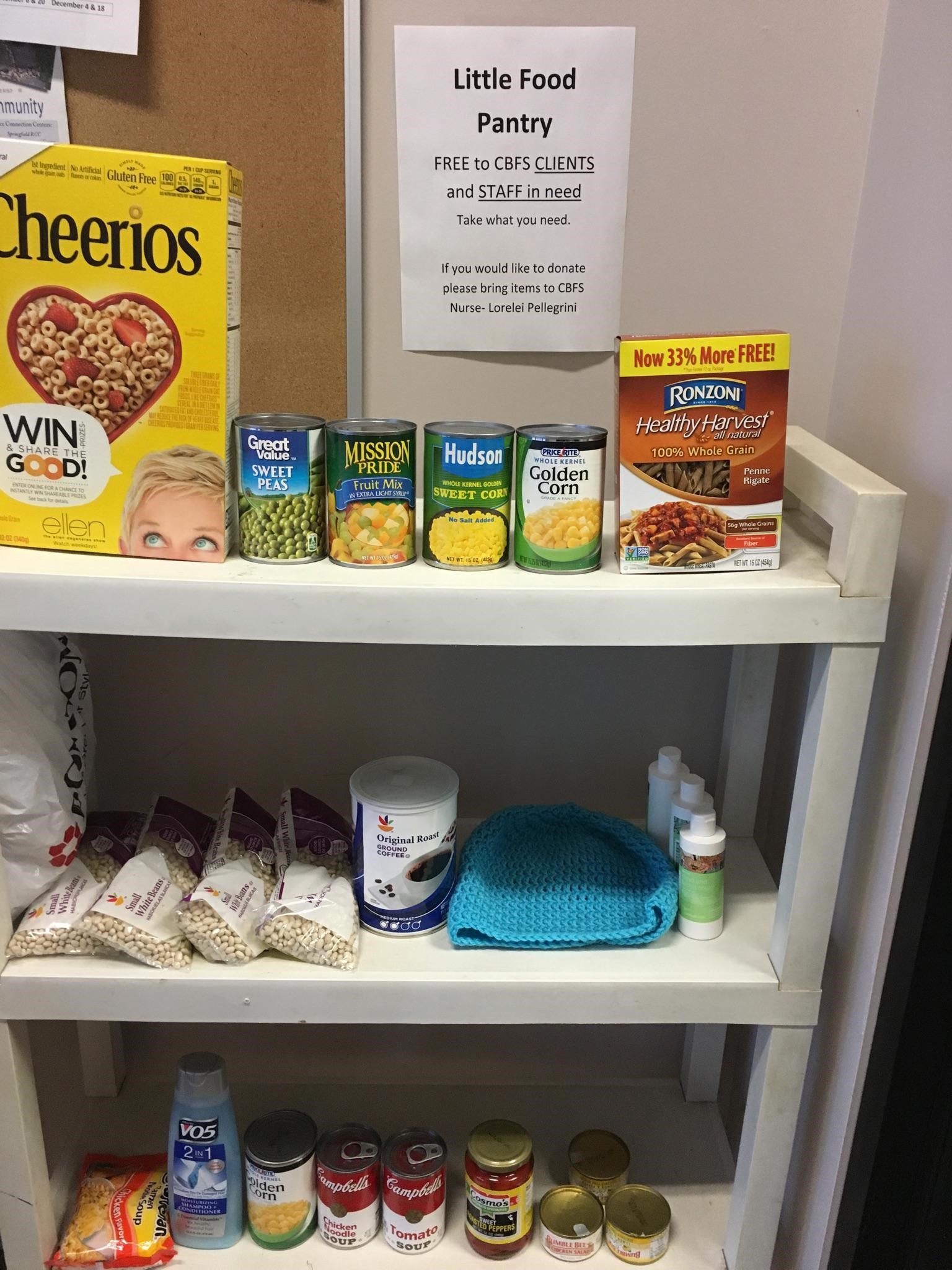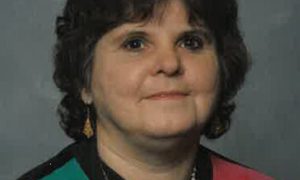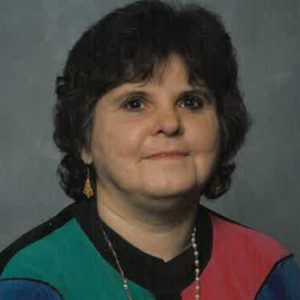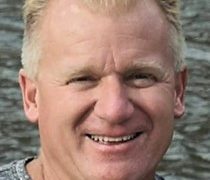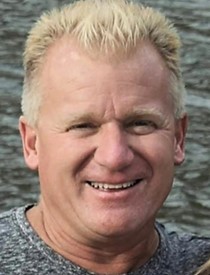Editor’s Note: Our Faces of Carson feature shares experiences from the perspective of Behavioral Health Network’s caregivers and program directors in helping individuals and families in our community.
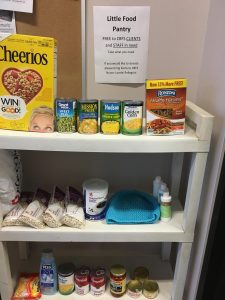 Two images come to mind when one gets to know Lorelei Pellegrini, a Registered Nurse at BHN’s Adult Clinical Community Supports (ACCS). One is of a humble caregiver. The other, held universally by her co-workers, supervisors, and individuals she serves, is a real-life superhero. Without question, Lorelei makes a lasting impression on all who have the honor of knowing her.
Two images come to mind when one gets to know Lorelei Pellegrini, a Registered Nurse at BHN’s Adult Clinical Community Supports (ACCS). One is of a humble caregiver. The other, held universally by her co-workers, supervisors, and individuals she serves, is a real-life superhero. Without question, Lorelei makes a lasting impression on all who have the honor of knowing her.
Lorelei’s passion for healthcare can in large part be attributed to the environment in which she grew up. She comes from a family of 12 nurses, “and everyone else is a social worker,” she says. “We’re a service family.” Born and raised in Westfield, her career in healthcare started as a home health aide in a group home. After ten years, the home shut its doors and Lorelei needed to decide her next career move. “I realized that I wanted to be more of a decision maker,” and enrolled in nursing school. During her education, she found she preferred the deeper one-on-one healing connections she was able to make in community settings, rather than in a hospital environment. Soon after graduating, Lorelei accepted a position with BHN’s ACCS program.
At ACCS, Lorelei quickly noticed a concerning trend that inspired her to go above and beyond her nursing duties. “I started to really become aware of how prevalent food insecurity is,” she says. She herself had experienced a brief period of food insecurity, so witnessing dozens of individuals who were uncertain of where their next meal would come from inspired her to take action.
In August 2016, Lorelei asked for permission to set up a food pantry for individuals served by ACCS. “All it took was an email,” she states, “and within a week, it was set up and fully functioning.” In the words of one of her colleagues, “I showed up to work one morning and there was a massive pile of food outside.” Soon after its start, Lorelei contacted her sister, an assistant at a local organic farm, and asked if the farm would be willing to donate fresh fruit and vegetables to the food pantry. Her sister was immediately on board. In three months, the farm donated 38 cases of healthy food to ACCS.
In providing this ready access, Lorelei has removed much of the taboo associated with food insecurity. “Food insecurity in our culture is seen as something to be embarrassed about.” Individuals with mental health challenges often “don’t trust the system and are wary of providing their personal information to food programs,” which often require social security numbers and other sensitive information. By providing an anonymous venue, Lorelei’s food pantry bypasses this issue, resulting in greater utilization. She also notices a marked difference in participants’ attitudes about healthy food choices. “I now have people coming up to me who are so excited to share a recipe that they loved or a new type of food they hadn’t tried before.” In the fight against food insecurity, it’s clear Lorelei’s food pantry serves as an innovative example for others to follow.

